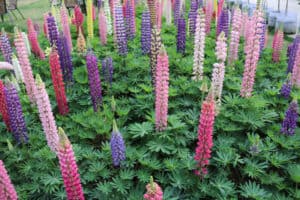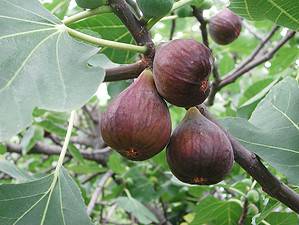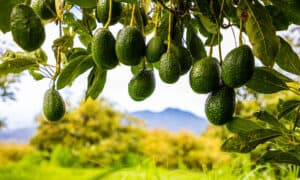North Carolina is a beautiful state that has fantastic weather during the spring and autumn months. Summer months are different, the humidity starts to creep in and the residents of North Carolina are in for a very hot and wet time. That’s why, when you’re in North Carolina, several types of grass can be perfect for your lawn. One such grass that is fantastic and grows very well during the summer months in North Carolina is Bermudagrass. Bermudagrass is a turfgrass that grows very well in heat and even droughts. it isn’t as accommodating with shade, which means that colder states won’t have luck growing bermudagrass. Bermudagrass is usually what golf courses and athletic fields use because it’s very sturdy and recovers very rapidly.
So if you’re thinking about planting Bermudagrass in your lawn in North Carolina, the questions that you may ask are what are the best types? What planting tips should I follow? And what’s the maintenance to make sure that it will grow fantastically? Well, let’s take a look at bermudagrass in North Carolina.
Best Types
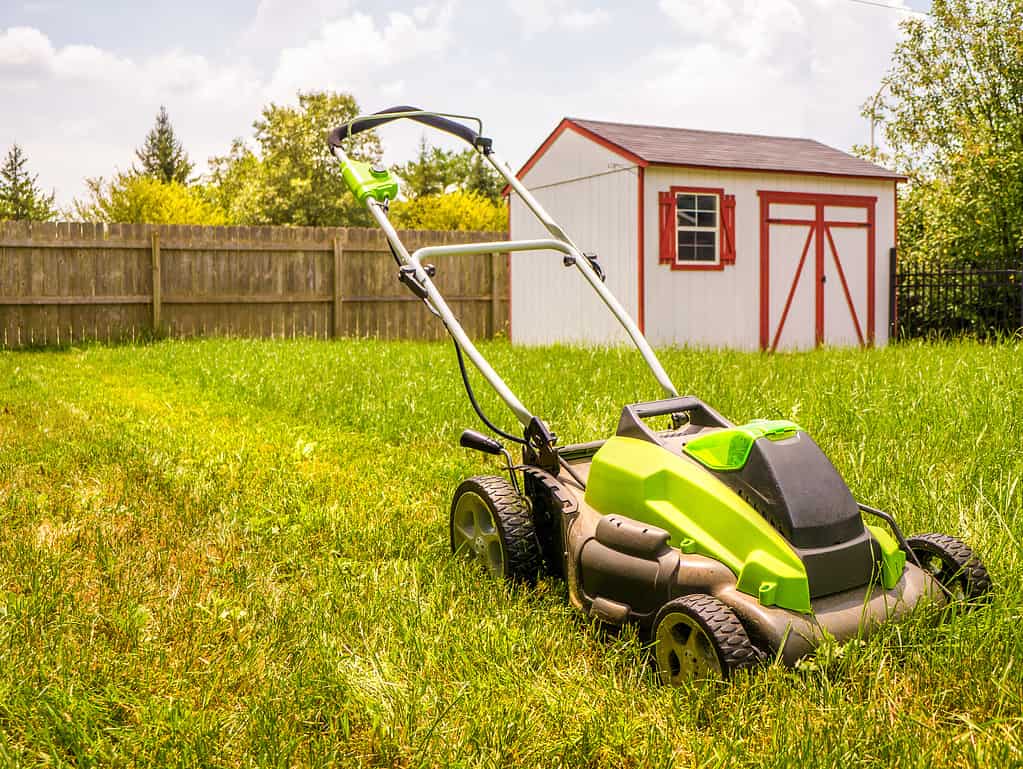
Bermudagrass is one of the fastest-growing grasses in the world, and the fastest growing warm season grass.
©leightrail/iStock via Getty Images
Several types of bermudagrass grow quite well in the warm climate that North Carolina has during the year. Let’s take a look at what types are best for your needs.
- Common Bermudagrass (Cynodon dactylon): this type is one of the most popular types because it grows quite quickly and is coarse, so it won’t be easily torn off.
- Hybrid Bermudagrass (Cynodon dactylon x Cynodon transvaalensis): this type is a cross between the Common Bermudagrass and another one. This is to make it sturdier — getting the best parts from both types to create a more perfect hybrid.
- Princess Bermudagrass: this species is more fine, but still great for warm climates. It can also be in the shade for extended periods, which is why it’s popular.
- Celebration Bermudagrass: this type is best for places with more extreme heat with hardly any water. This type of grass is also darker green than other types of bermudagrass.
- TifTuf Bermudagrass: grows well during droughts and doesn’t need a lot of water, which means it’s a great choice for those places with extreme heat.
- Tifway 419 Bermudagrass: This type is used mainly for golf courses and athletic fields because it is sturdy and tolerant.
Planting Tips

Bermudagrass is a turfgrass that does well in the sun and warmer climates, which means it’s best to plant during the spring for a thriving grass in summer.
©Valentin Valkov/Shutterstock.com
North Carolina is a state that has all types of climates because there are mountainous areas where it’s colder and then there are the areas close to the Atlantic Ocean, which are warmer and more humid. Knowing when to plant bermudagrass is all about timing. Because Bermuda grass thrives during the hotter months, it’s best to plant the grass around mid-May. Around May, the climate starts to warm and it ensures that your bermudagrass will start to grow faster.
It’s important to note and repeat that bermudagrass grows well in hotter climates. So, you should not plant in the winter months because that effort will be fruitless and you won’t see the results you would like.
Lawn Maintenance
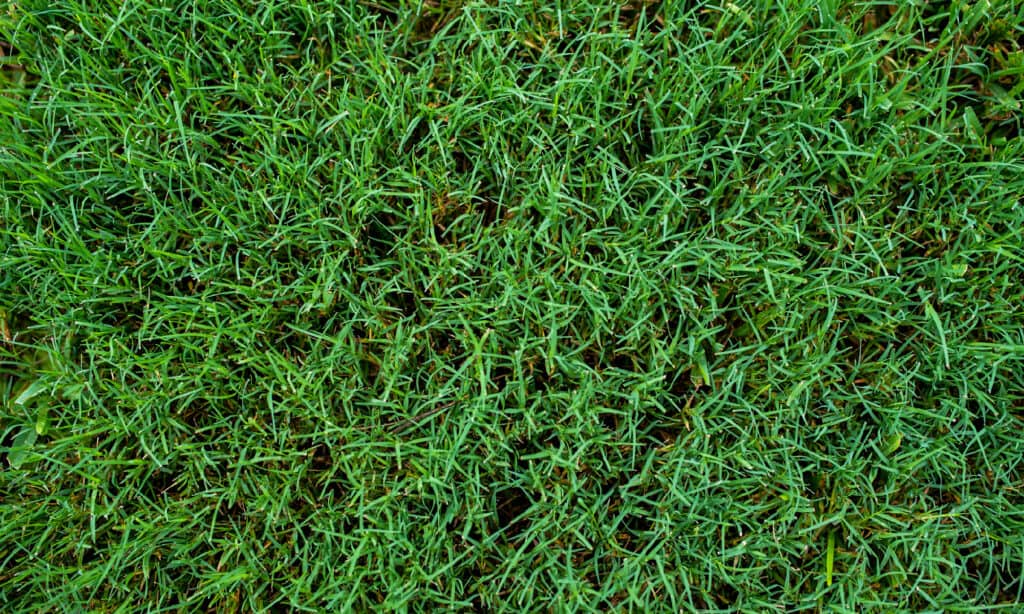
Bermudagrass has above-ground stems called stolons and below-ground stems, which are called rhizomes.
©iStock.com/Tatyana Consaul
In order to have a perfect lawn, there are several tips and rules to follow. During the spring months, you must water your bermudagrass and continue doing so through the summer. Usually, one inch of water is best. When it comes to weed and insect control, make sure you add preemergence herbicides before fertilization during February and March, but postemergence herbicides throughout the spring and summer. You should also add fertilization during this time to make sure the bermudagrass thrives.
If you already have bermudagrass year-round, it’s important to not water your grass too much from September through April. To avoid any winter weeds, it’s important to use broadleaf herbicides. This way, things will be under control during the less intensive winter months. When it comes to fertilization, the last time you should add it to your grass is in September. After that and through February, do not add any.
Conclusion
And there you have it, you’ve gotten the low down on bermudagrass in North Carolina. Follow these tips, and you will have a thriving bermudagrass in your lawn. You know the best types that you can plant in your lawns. You know the planting tips including when to plant and how to maintain your bermudagrass. This way it will look beautiful, luscious, and vividly green. As the dog days of summer grow, you’ll invite people to your house. And when they comment on how beautiful your grass is, just make sure to tell them it’s the best and most tolerant grass to grow in North Carolina called bermudagrass.
The photo featured at the top of this post is © PrivinSathy/Shutterstock.com
Thank you for reading! Have some feedback for us? Contact the AZ Animals editorial team.




